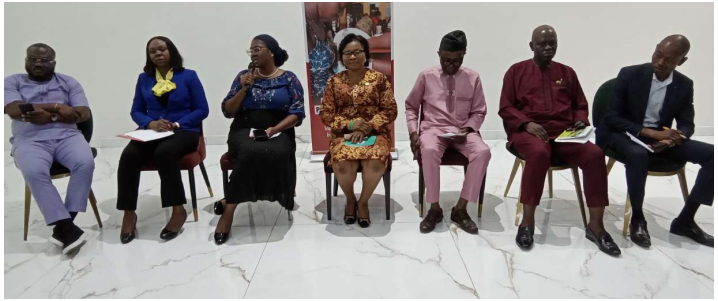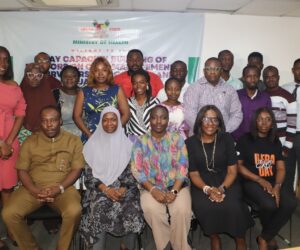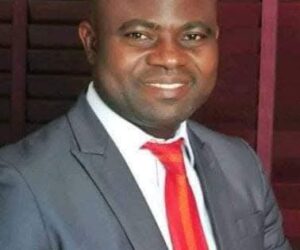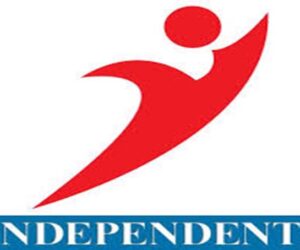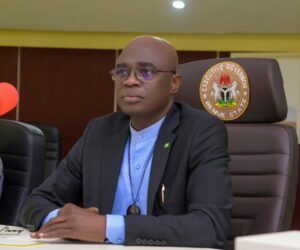3
LAGOS – Stakeholders in the Lagos State health sector recently converged at a dialogue to commemorate the World Polio Day 2025, with a unified resolve to strengthen routine immunisation and end vaccine-preventable diseases among children.
The stakeholder meeting, organised by Save the Children International under the GSK Better Opportunities for Optimised Targeted Intervention (BOOST) project for Zero-Dose and Unimmunised Children in Nigeria, brought together representatives from government, professional health associations, academia, media, and development partners.
Speaking at the forum, Dr. Itunu Dave-Agboola, Policy and Advocacy Coordinator for the BOOST Project, explained that the gathering was one of several activities marking World Polio Day, an initiative originally championed by Rotary International. She said the meeting aimed to identify enablers and barriers to routine immunisation in Lagos and across Nigeria, noting that despite progress, significant challenges remain.
“Some of the barriers identified include inadequate funding, shortage of skilled manpower in hard-to-reach areas, and attitude, both from caregivers and health workers. We focus largely on attitude because it can be an issue on the part of both groups.
“When caregivers miss appointments or arrive late, it becomes a challenge. Likewise, health workers not showing empathy, being unkind, or long waiting times can discourage parents and caregivers from bringing their children for immunisation. Our expectation going forward is that all hands will be on deck from both public and private sectors to improve service delivery and ensure every child receives life-saving vaccines,” she asserted.
The interactive session culminated in a communique outlining practical steps to overcome these barriers. Recommendations included improved service delivery, health worker training, enhanced caregiver education, and regular feedback meetings to evaluate progress and share best practices.
Dave-Agboola noted that all associations present pledged to cascade the resolutions to their members and play active roles in ensuring optimal immunisation coverage. She commended Save the Children International and GSK for funding the initiative under the BOOST project, describing the collaboration as a critical driver of Nigeria’s fight against zero-dose and under-immunised children.
“Part of our activities include sensitisation and awareness creation. We have had television and radio programmes to highlight the benefits of routine immunisation and why prevention is better than cure, especially in the face of childhood killer diseases prevalent in our environment,” she said.
She added that the activity was largely to bring stakeholders from both public and private sectors together to identify enablers and barriers to routine immunisation. Among the barriers highlighted were inadequate funding, insufficient manpower in rural and hard-to-reach areas, and poor attitudes.
“We expect all hands to be on deck from both sectors to ensure optimal routine immunisation by improving service delivery and changing attitudes of caregivers and health workers. Caregivers will be certified through health education when they bring their children for immunisation, while health workers will be trained to build capacity, relate better, and establish rapport with parents and caregivers,” she explained.
According to the Permanent Secretary, Lagos State Primary Health Care Board (LSPHCB) represented by Dr. Adeola Akinpelu, Immunisation Programme Coordinator for the state, population pressure and resource constraints are major challenges. “When you compare Lagos to other states, it appears we’re doing very well,” he said.
“But when you dig deeper, you realise that the state also has the highest absolute number of zero-dose children. For every child vaccinated here, it’s like vaccinating five children in another state.”
Dr. Akinpelu painted a vivid picture of the logistical nightmare that plagues service delivery: riverine communities requiring boats that cost up to N200,000 to access, overstretched health workers vaccinating 60–70 children in a day instead of the recommended 15, and long waiting times that drive caregivers away.
“Excellence brings its own problems,” he added. “People migrate to Lagos in search of better opportunities, and the population keeps growing. The system is simply overstretched.”
Mrs. Sola Aketi, Director of Nursing Services at the Lagos State Ministry of Health, shared similar views. She linked vaccine hesitancy in Lagos to deep-seated distrust rooted in historical incidents and misinformation. “There was a time Pfizer conducted clinical trials where children died. That memory lingers,” she noted.
“Then came COVID-19, with conflicting reports and conspiracy theories. These experiences have made people sceptical.” Aketi emphasised the need for consistent advocacy and community engagement to rebuild trust. “Culture is dynamic,” she said. “We have to engage people respectfully, explain the benefits, and erase negative narratives.”
For a megacity like Lagos, population density has a way of masking hidden inequalities. The city’s sprawling informal settlements, from Makoko to riverine outposts in Badagry, are often underserved by the formal health system. “Some of these communities are cut off for weeks,” Dr. Akinpelu said. “To reach them, you need not just resources, but commitment. And that’s what BOOST is trying to address , finding sustainable solutions that go beyond quick fixes.”
The revelation that Lagos still isolates circulating variants of the polio virus in areas like Makoko was a wakeup call. “It tells us that the threat isn’t over,” he warned. “We have to continue responding, strengthening surveillance, and ensuring that every child, no matter where they live, is reached.”
Participants included representatives of various health workers’ associations such as the Association of General Medical and Private Medical Practitioners of Nigeria (AGPMPN), Nursing and Midwifery Council of Nigeria, Nursing Council, Pediatric Association of Nigeria, and Pharmacists Council of Nigeria (PCN).
Others were the Lagos State Ministry of Health (LSMOH), Lagos State Primary Health Care Board (LSPHCB), and the Provost of the College of Nursing, Lagos University Teaching Hospital (LUTH)

